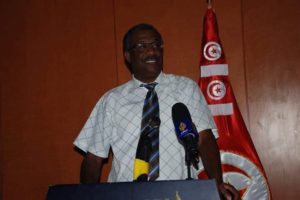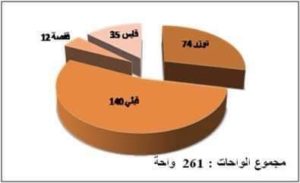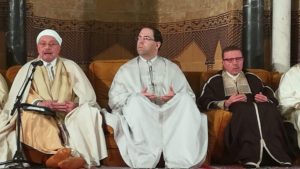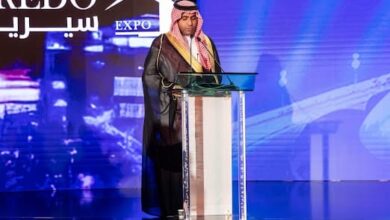نداء الي رئيس الحكومة لانقاض قطاع التمور في ولاية قبلي
كتب الاعلامي المعز بن رجب / تونس



 “
“
رجاء من كل ابناء الجهة الالتفاف حول هذه اللجنة ومتابعة هذه القضايا حتى تحقق الجهة مطالبها العادلة” هذا النداء وجهه الاستاذ محمد المغزاوى، نشط مجتمع مدني و متابع النشاط الفلاحي و خاصة قطاع التمور و ولاية قبلي أكبر منتج للتمور التونسية بنسبة تناهز ٦٥٪ و التي تساهم في ٢٨٪من مدخول البلاد من العملة الصعبة،
نداء المغزاوى كان عقب اجتماع بين مختلف نشطاء المجتمع المدني بقبلي، و المهتمين بقطاع التمور، كنا ضم رجال أعمال و تجار و طبعا فلاحين غيورين علي القطاع.
كانت الجلسة حسب الحاضرين ناجحة من حيث المبدا و الغاية.. و يبقي جانب المتابعة كلفت به لجنة في الغرض.
3 جوان يوم سيذكره الجميع، حيث، أين ادت جلسة بمقر جمعية العسكريين المتقاعدين في ولاية ، ٥٢٠ كلم جنوب شرق العاصمة تونس و هي جمعية مدنية، تعتني بالمتقاعدين من الجيش التونسي و تضم خيرة الشخصيات القبلاوية عامة ، الجلسة ضمت ثلة من الفلاحين ونشطاء المجتمع المدني تناولت قضية مجمع التمور وتلاعب وزارة الفلاحة بمطالب الفلاحين في فصل عادل للمجمع المهني للتمور عن المجمع المهني للغلال.
اهم المخرجات كانت:
– نشر عريضة يمضيها الفلاحون تعلن عن رفض الصغة التي اعلنها وزير الفلاحة وعدم الاعتراف بمجلس الادارة والمدير العام الذين نصبهم دون علم المنتجين .
– تكوين لجنة من الحقوقيين ومن الفلاحين ترفع قضية ادارية في الغرض.
.- قضية جزائية في ادارة المجمع المهني للغلال في سوء التصرف في المقتطعات من عائدات صادرات التمور خلال سنوات الدمج بين المجمعين.
– رفع ملف يرفع للهيأة الوطنية لمكافحة الفساد ،فقضية مجمع التمور امام القضاء الاداري القضاء العدلي.




